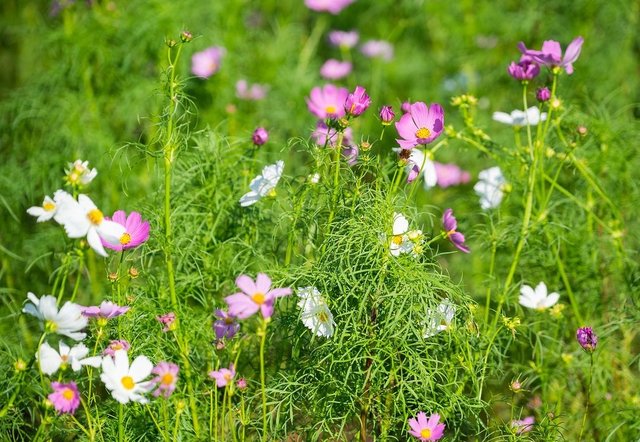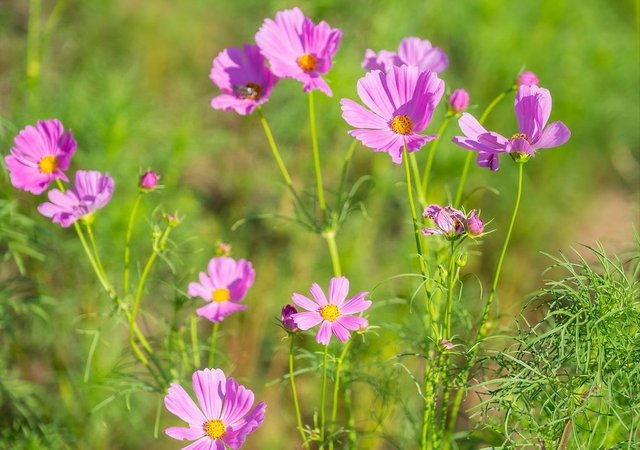The Enchanting World of Garden Cosmos: A Gardener's Guide to Cultivating Beauty
The Garden Cosmos, often simply referred to as "Cosmos," is a stunning flowering plant that enchants gardeners and flower enthusiasts alike with its vibrant, daisy-like blooms and delicate foliage. Known for their ease of growth, cheerful colors, and ability to attract pollinators, Cosmos flowers are a staple in cottage gardens, wildflower meadows, and urban plots. If you're looking for a resilient, show-stopping flower that thrives in various conditions, Garden Cosmos might be your next favorite.
Origins and History of Garden Cosmos
Garden Cosmos is native to Mexico, where it grows naturally in fields and open areas. Its name is derived from the Greek word kosmos, meaning "harmony" or "order," likely a nod to its symmetrical petals and balanced form. The plant was introduced to Europe in the 18th century and quickly became a favorite among gardeners for its low maintenance and striking appearance.
Cosmos bipinnatus is a member of the Asteraceae family, which also includes sunflowers, daisies, and asters. It’s known for its tall, wispy stems, fern-like foliage, and blooms that come in shades of white, pink, purple, and red. The flowers grow between 2 to 5 inches in diameter, with a golden yellow center that contrasts beautifully with the surrounding petals. Their natural appeal lies in their simplicity—effortless, wild beauty with a classic garden flower look.
Varieties of Garden Cosmos
There are several varieties of Cosmos, each offering slightly different characteristics in terms of color, height, and blooming habits. Some of the most popular cultivars include:
'Sensation Mix': This is a widely grown variety that features a mixture of pink, white, and crimson flowers. It can reach heights of up to 4 to 6 feet, making it an ideal choice for the back of flower beds or borders.




Thanks For Reading
Device Information
| Device | Redmi Note 10 Pro |
|---|---|
| Lens | 64 mp |
| Location | Bangladesh |
